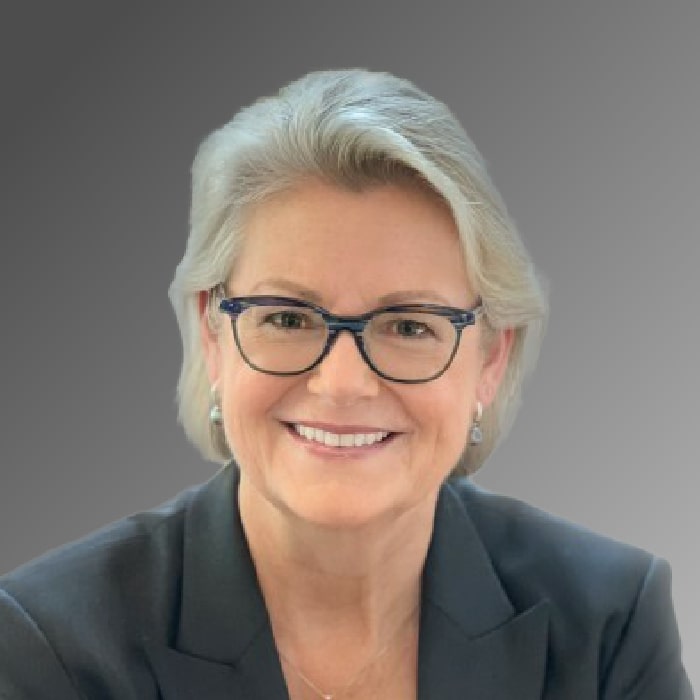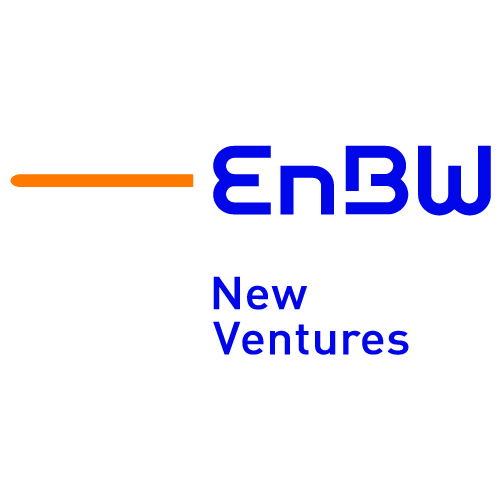Empathy & Financial Foundations: Jacqueline LeSage’s Strategy at Munich Re Ventures
May 10, 2024
Interviewed by Nicolas Sauvage on March 9, 2021
Growing up in rural America, knowing what it’s like to start a business, and learning the ins and outs of corporate venture capital from the ground up have helped Jacqueline LeSage become one of the industry’s top thought leaders.
Jacqueline is the head of Munich Re Ventures, the investment arm of the major reinsurance firm. She sat down with TDK Ventures’ Nicolas Sauvage for another episode of Corporate Venturing Insider to explain how her fund adds value to the startups it invests in and the benefits it seeks in return.
From Financial Consultant to CVC Guru
Jacqueline admits she had never heard of venture capital as a schoolgirl growing up in the U.S. heartland.
“But I did hear about investment banking during a period of renewed globalization, and that really influenced the early phases of my career,” she said. “During my college and business school years, I got a lot of experience around infrastructure, particularly for telecom, transportation, and project finance.”
She lived in China and Hong Kong for several years, where she and a partner consulted with investment firms and banks, steadily growing an impressive client list. Jacqueline thrived in that entrepreneurial environment.
“There was not a lot of structure; we made it all up, and I really loved that sort of flying by the seat of our pants, and I loved the content of what we were creating,” she explained, “I somehow wove some real meaning into that has been with me through today and gives me meaning in what I do. ”
Those successes and connections led her down a different path, as she moved to Silicon Valley and founded a business in the clickable video space. That exposed her to the intricacies of running a startup and raising money, understanding the funding arc, negotiating deal terms, engaging with VCs and a board of directors, assembling an operational team, and more.
Her first real exposure to CVC from the investor’s point of view came in her role at The Hartford, which she said was one of the first primary insurance carriers to set up a direct corporate venture capital investing capability. Establishing a fund long before InsureTech became a buzzword, the insurer built an external innovation capability “where we would take new offerings from just an idea and launch it out into the market,” Jacqueline said.
That job led her to Hartford Steam Boiler, a Munich RE subsidiary in charge of developing the company’s CVC arm.
“I liked it because they are commercial and (involved in) the industrial IoT and the built environment,” she said. “Knowing what I knew about insurance and knowing the way that Munich RE is behind everything, whether it’s supporting the world with natural catastrophes or supporting innovation, I jumped at the chance.”
Appetite for Risk
Jacqueline said her experience working in A.T. Kearney helped shape her career and outlook on investing. The most compelling aspect is that she took the initiative.
“The fact that I wanted to do that and sought out the opportunity meant something about who I was as a person and what I liked because I didn’t just get put there,” she explained. “I told my consulting firm, ‘I’ve moved out of my apartment and put my stuff in storage. I’m moving to Hong Kong in two months with or without you. Do you have something I could do?’ I was going no matter what. And so, I think there’s something about the desire and willingness to just land somewhere.”
She emphasized the value of stepping outside one’s comfort zone and learning on the fly when timing investments. Despite her startup being ahead of its time, she believes waiting too long after a startup’s total value is priced in is a risk. She suggests approaching the market strategically and being ready for early-stage challenges. Corporate venture capitalists (CVCs) should designate individuals focused on portfolio development, partner identification, and streamlining projects to manage risk. Munich Re requires portfolio companies to align with a theme, incorporating investment thesis, business strategy, venture trends, and shared interests and strengths.
“It’s meant to give us a starting point to align on why we’re all doing this, and it also makes us go faster,” Jacqueline said. “We want to make sure that when we catch something, we know what we’re going to do with it.”
Adding and Extracting Value
That entrepreneurial experience and spirit allow Jacqueline to relate more readily with the founders and businesses she considers for Munich Re Ventures investments.
“Having been an entrepreneur gives me a lot of empathy and influences how I act as an investor and a board member,” she said. “When you’re on a board, you have certain expertise that you bring. You also have a certain set of issues that create a lens through which you look at a company.”
With a full board viewing the company’s mission through different lenses and each founder bringing her experience levels, interests, and capabilities, Jacqueline says leadership dynamics guides how she adjusts her contributions to be both a good thought partner and confidant for the founder.
“So, with every investment, there’s some kind of plan for what’s going to happen.” Jacqueline said. “We have some milestones we’re constantly tracking like, ‘Did we do what we said we were going to do from a process standpoint?’ and “Is the business following up on the strategic plan?”
Still, Jaqueline believes the fund, the mothership, and the portfolio companies must maintain strong relationships and synergies. It starts by building an internal team possessing extensive VC and CVC experience. Jacqueline’s team follows an apprenticeship model where junior members learn from their more experienced colleagues to perfect negotiation tactics and gain an understanding of board member responsibilities. The team also comprises individuals who have been part of startups, which Jacqueline believes contributes to their ability to empathize with the entrepreneurs they work with.
Jacqueline also believes that while the CVC leader must connect with the parent company’s CEO, it is not enough to assure long-term success.
“It’s super important to have a strong base of supporters and true believers in the next one and two levels — people who, if you were taken away, it would impact their business, and they would fight for you because you’re part of their success,” she said.” “Having much broader support (mitigates) a lot of the risk. We have a hard enough time as CVCs assuring longevity. We don’t need to tie it a hundred percent to the CEO’s longevity.”

 Being closely connected to the CEO as a CVC is important, but it's not enough on its own; it's crucial to build a strong support base among those one or two levels down in the organization who see you as instrumental to their success.
Being closely connected to the CEO as a CVC is important, but it's not enough on its own; it's crucial to build a strong support base among those one or two levels down in the organization who see you as instrumental to their success. 


















